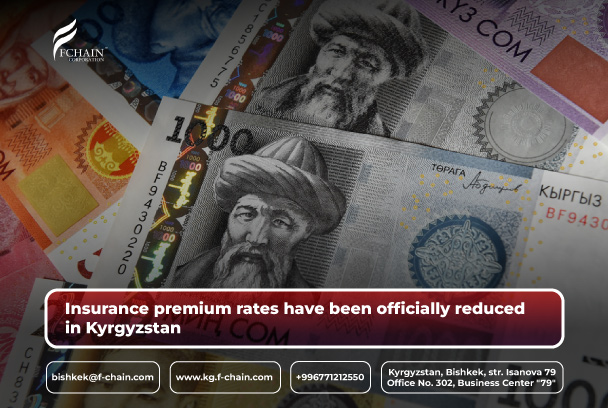The Windfall İncome Tax Law on Large Corporations in Czechia
Miloš Zeman, President of the Czech Republic, signed a “windfall tax” law on Monday that will be valid from 2023. The government is to collect as much as CZK 45 billion, as the tax rate will be high enough, i.e., 60%. The new windfall tax will be applied as a surtax to the 19% standard income tax.
Companies will have to pay a deposit, taking into consideration the financial results of 2022 going into next year. The enterprises that earn less money than in 2023 will be able to get back some of the deposits they paid.
Wages are said to have risen over 50% within the last decade
According to the results of the survey conducted by Tipalti, the US-based financial firm, wages have risen over 50% in the Czech Republic within the last decade. In 2021, the average salary in Czechia was CZK 468.276 (18.687 dollars) per year, much higher than in 2011. Though it has risen by 50%, it is still lower than in developed countries.
The Baltic countries are the leaders in terms of wage growth. Latvia takes the first place with 103.9% growth ($18.135), while Lithuania and Estonia share the second and third places with 95.5% and 88.5% of the growth, respectively.
The results of the survey are very optimistic concerning wage growth in the Baltic countries, as wages are expected to be very attractive for expats or digital nomads.
Iceland ranked fourth in wage growth, with an annual wage of $81.844, making it one of the top ten countries.
The survey results showed the four countries of the Visegrád Group to have the highest growth, ahead of the US. The rising wage is up 59.8% (becoming $10.615) in Hungary and 55.8% (reaching $13.280) in Poland.
The wages in Czechia, one of the Visegrád Group countries, increased by 43.6% (15.784 US dollars), ranking seventh among the countries of this group.
The data from the Czech Statistical Office said the average gross monthly salary in the Czech Republic has grown by 6.7% in comparison with last year.
Mortgage rates have become the highest in the Czech Republic.
The volume of mortgages is much lower than last year. The main factors affecting the interest rate are said to be credit scores, high home prices, loan amount, terms, interest rates, and type of loan. The average mortgage interest rate has reached one of its highest levels in the last 20 years. According to the information provided by the Czech Banking Association (CBA), the interest rate rose by 5.86% in October. Last month, banks and construction societies provided mortgages for CZK 7.2 billion. Though there is a slight growth, unfortunately, there is an 82% drop in comparison with not only 2021 but 2020 as well. According to the statistics, the mortgage market in Czechia has fallen by 60% this year. As interest rates continue to rise, they lead to an increase in monthly payments, which discourages people from applying for a mortgage.





